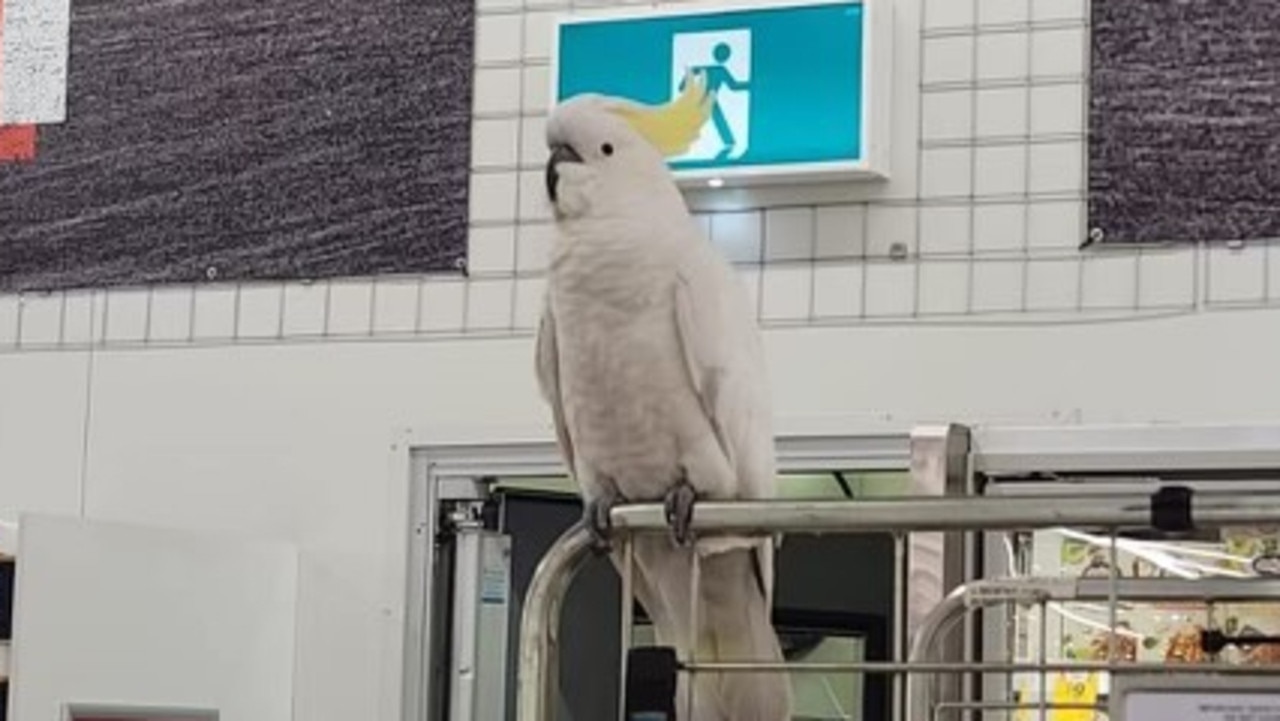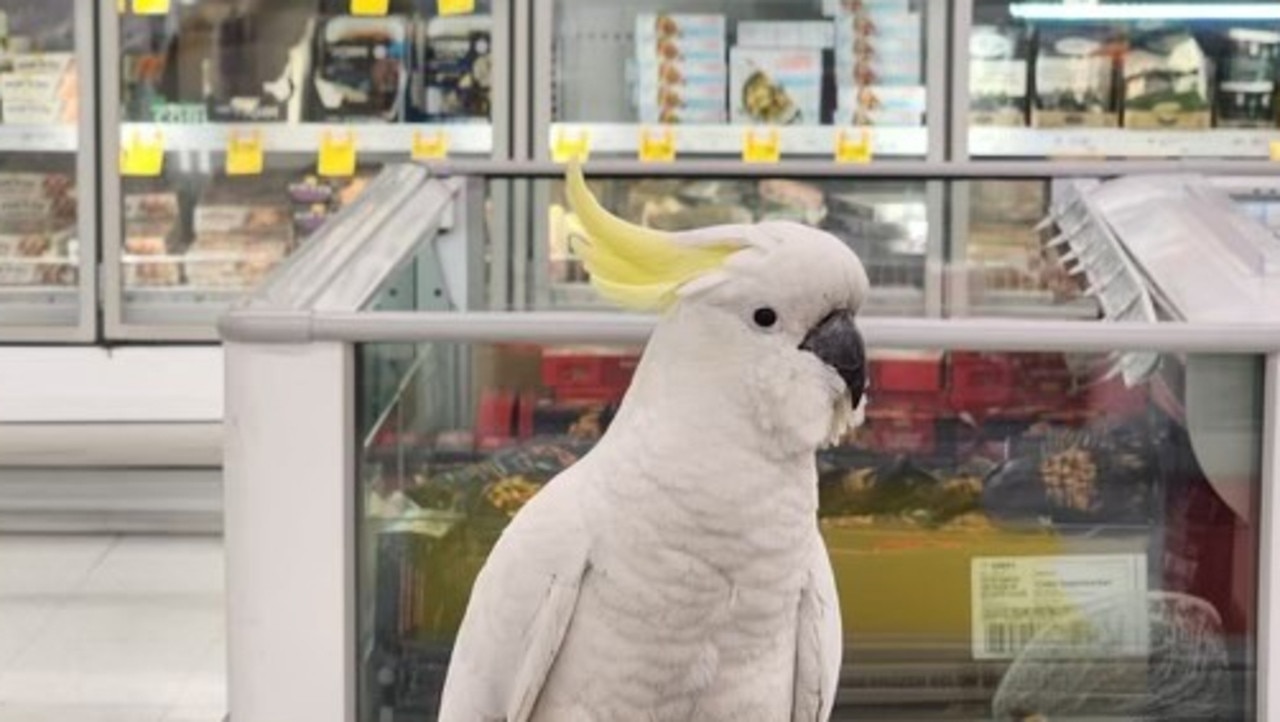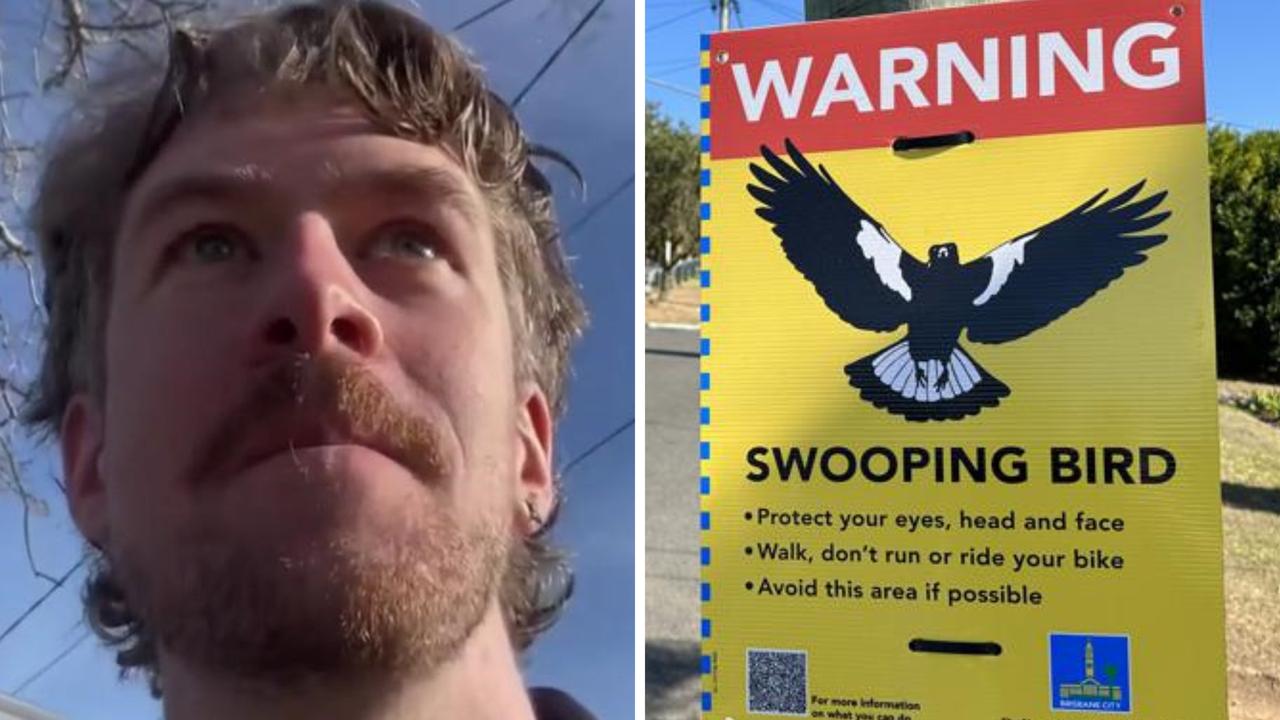Woman who stopped to help crashed lab monkey truck now feeling unwell
A motorist who stopped to assist after a truck carrying lab monkeys crashed, causing three to escape, says she is now feeling unwell.
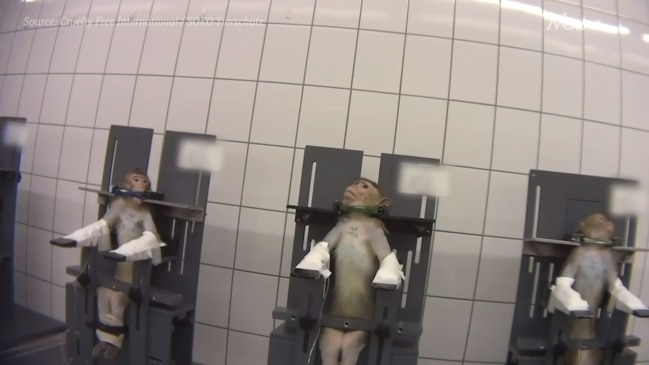
A US motorist who came into contact with a lab monkey at the scene of a truck crash says she is now feeling unwell.
Michele Fallon stopped to help on Friday night after witnessing the truck crash into a dump truck outside Danville, Pennsylvania.
The truck was transporting 100 crab-eating macaques, or cynomolgus monkeys, from Africa destined for a lab in Florida for testing.
Three of the monkeys used the opportunity to escape, with one still on the run as of Saturday morning.
The final escapee was recaptured by Monday, but Ms Fallon told local media she was now concerned for her health after coming into close contact with one of the monkeys, which hissed in her face.
During the search, officials had warned the public not to get too close to the animals as they could transmit disease.
“I thought I was just doing the right thing by helping — I had no idea it would turn out this way,” she told PA Homepage.
She says the driver, who appeared disoriented, never told her to be careful.
“He just asked if his trailer was okay,” she said. “He never said, ‘If you do come near a crate do not touch it.’ If he would have told me that, I would have been more careful.”
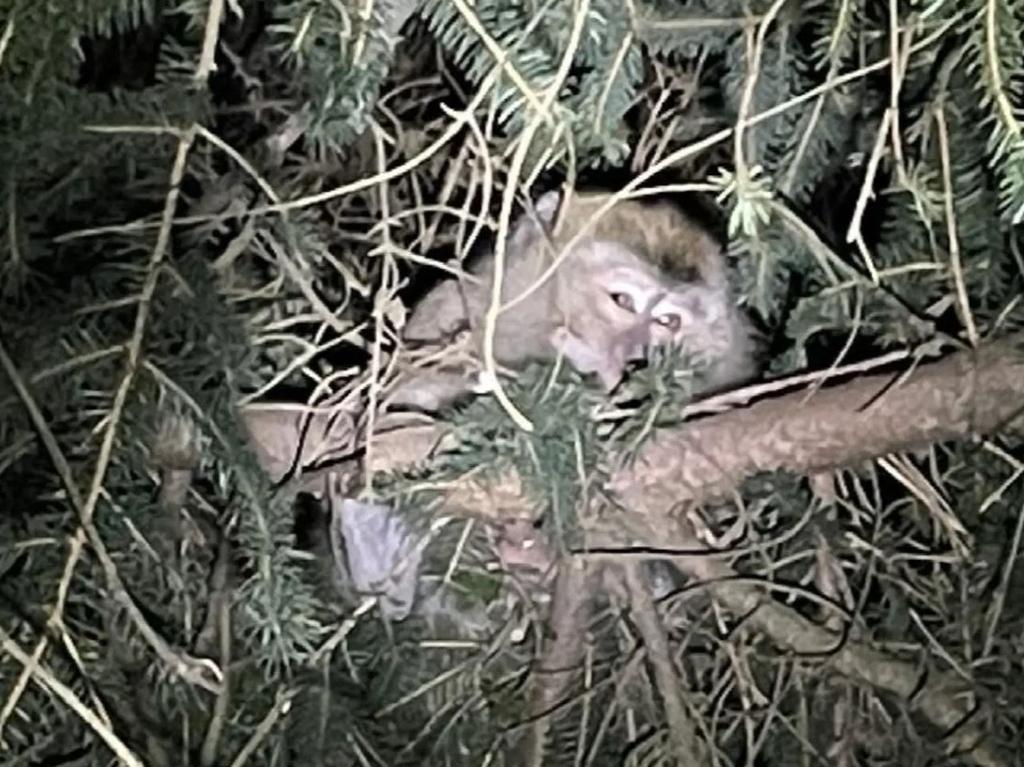
Ms Fallon says she then came face-to-face with an agitated monkey.
“I was close to the monkeys, I touched the crates, I walked through their faeces so I was very close,” she said. “So I called to inquire, you know, was I safe?”
The Centers for Disease Control has asked her to monitor for signs of illness.
“If you were within five feet of the NHP (non-human primate) crates without respiratory and eye protection, monitor yourself for signs of illness including fever, fatigue, cough, diarrhoea and vomiting,” the CDC wrote in a letter.
According to the CDC, crab-eating macaques commonly spreads herpes virus B through saliva, faeces or urine.
The first indications of herpes virus B infection are typically flu-like symptoms. People may then develop small blisters in the area that had contact with the monkey.
As the virus progresses, it can cause inflammation of the brain and spinal cord, leading to neurological symptoms, brain damage and even death.
“Problems with breathing and death can occur one day to three weeks after symptoms appear,” the CDC website says.
“It may be possible for people to have mild B virus infection or no symptoms. However, there are no studies or evidence of this.”
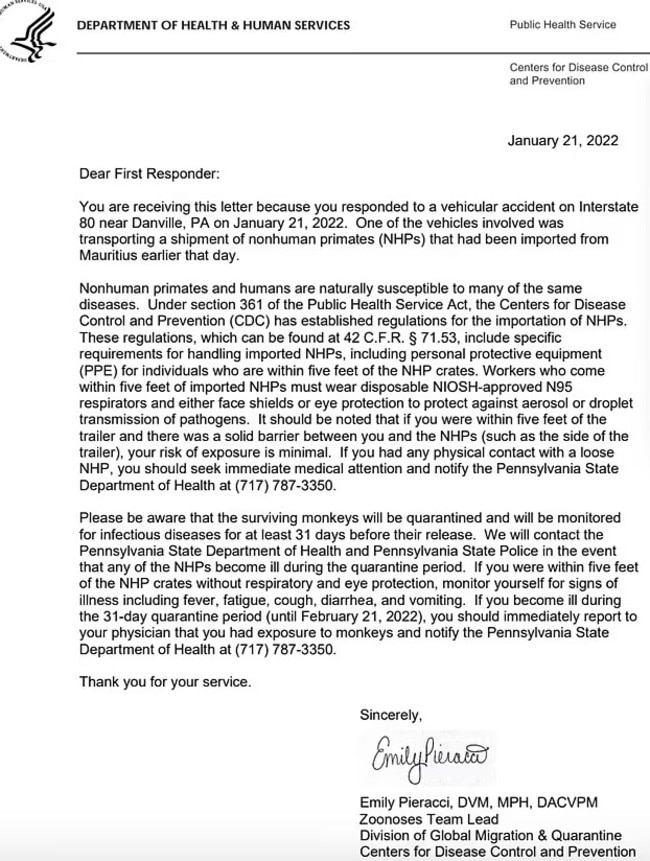
Ms Fallon said she had visited an emergency room after developing pink-eye like symptoms.
“Because the monkey did hiss at me and there were faeces around, and I did have an open cut, they just want to be precautious,” she said.
She has since received her first dose of a rabies vaccine and a round of antiviral medication.
In a Facebook post on Saturday, she described her experience, saying she had “tried to pet one” of the monkeys.
“Talk to police and a lady with CDC,” she wrote. “I’m very low risk for I don’t know what yet. But symptoms are Covid symptoms. Like seriously. A day from hell.”
According to the CDC, the shipment of monkeys was en route to an approved quarantine facility after arriving in New York from Mauritius.
Cynomolgus monkeys can cost more than $US10,000, and have been in high demand as test subjects for the development of the Covid-19 vaccine, The New York Times reported.
The US Department of Agriculture is now investigating the incident after a complaint from animal rights group PETA.
“Importing monkeys for experimentation is carried out with almost no oversight,” PETA said in a statement.
“Monkeys arrive by plane from Asia or Africa after enduring sometimes days-long trips as they sit in their own urine and faeces. Then they’re trucked to undisclosed quarantine sites before being sent to laboratories across the country. If monkeys develop bloody diarrhoea or other symptoms after their quarantine period, PETA has learned that no officials are informed and no one seems to care.”
PETA says for the safety of both animals and humans, the US “must stop pretending that experiments on monkeys are useful and stop importing them”.




